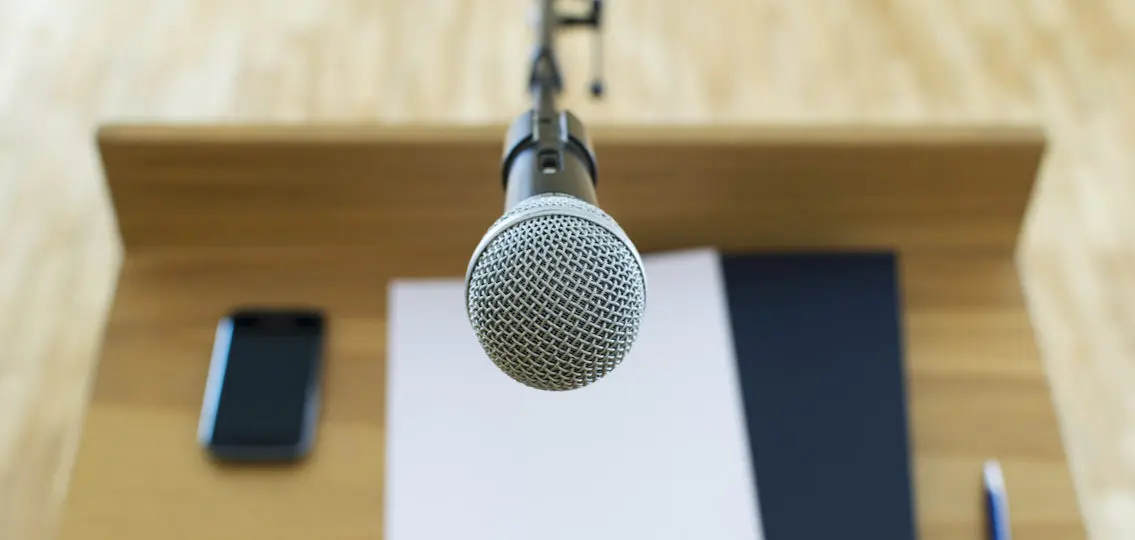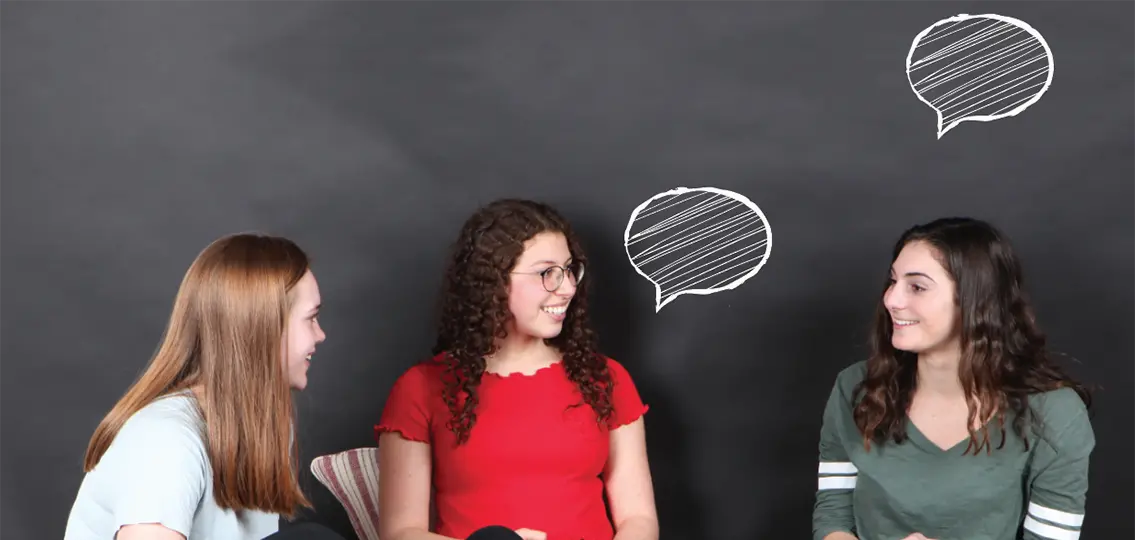What we say reveals a lot about who we are, but it turns out that how we say it is telling too. Learn more from Katherine Kinzler, professor at University of Chicago and author of How You Say It: Why You Talk the Way You Do—And What It Says About You.
Q: Your research says speech causes some of our biggest social divides. Can you explain what you mean?
Kinzler: We tend to divide ourselves into groups. People often don’t think about how they evaluate others based on their language and the way they speak, yet this is such a critical component of people’s identity.
As anyone who has taken a foreign language class in high school or college knows, it’s difficult to learn a nonnative language into adulthood. This means that when you speak you are often revealing to the world the voices that spoke to you in your childhood. You reveal things about your upbringing via your language and the accent you use. On one hand, it’s a good signal, but on the other hand, you may have some pre-conceived notions that you apply to this individual and there may be some extremely prejudiced applications.
Q: When I hear a NY accent, I get so much joy from that. Is there a way to take the good from this?
Kinzler: Language is deeply social, critical to our identities. And it’s so important for who we connect with. So your example is really great – there is something comforting about meeting someone from home. You identify someone who is like you, but imagine someone else saying, “Oh. Not like me.” It’s something we need to be aware of when overcoming bias.
Q: Are we born pre-wired to do that kind of grouping?
Kinzler: Yes and no. A lot of my research is with babies and young children. Part of it is absolutely something that comes on line really early in life. We have this preference for things that are familiar. The other thing that comes on line early as well is the ability to sort things into groups. From there, society can layer a lot of prejudice onto those groups. Kids will pick up on those groups that become deeply stigmatized or marginalized in society.
Q: Teenagers are known to mock each other when someone says something differently. While it’s often in the guise of joking around, how much does that hurt and how do we go about trying to change it?
Kinzler: Adolescents are picking up on what culture deems is okay or not okay to say. Other research shows that when people speak in a way that is different or nonstandard, often they feel like other people don’t trust them or don’t believe them or don’t engage them. So if you’re shutting down someone’s speech, the person speaking can feel that.
People are so interested in thinking about ways to bring teenagers on board with trying to lessen prejudice and discrimination both in their local lives and in the world, and I think this is one area that could be a place where teenagers can be involved
Q: You’ve said that language can have an impact on economic opportunities. How do we fight that?
Kinzler: If you’re thinking about people getting jobs and being seen as trustworthy and knowledgeable, a lot of that is dependent on our assessment about whether they’re a good communicator. Do they have good stuff to say? Are they good at saying it? Are they someone I’m going to value having here? The problem is that we’re often not aware of biases in our own communication. A lot of times people think they can’t understand someone, but actually it is the listener shutting down. It’s not an absolute that someone is a good communicator. A lot of it is about what the listener brings to the table too.
Q: How hard is it for parents of teenagers to be the ones to make the change?
Kinzler: Parents can be leaders in terms of saying that they value exposure to linguistic diversity to people who speak in different ways and to helping teenagers see that there’s no right or wrong way of speaking. There’s not one dialect that’s better but lots of different ways can work in lots of different contexts. And also encourage adolescents to learn a new language.
Q: What do you think about the way we tell our daughters that “Girls can excel in STEM”?
Kinzler: It sounds comforting, but it’s not the right thing to say. It sounds like boys are better. Talking about girls as being a big category also doesn’t work. It’s better to talk about people as individuals. The more that our language talks about categories of people, the more it reinforces the categories and from there it’s really easy to apply society’s stereotypes on to the category. Different individuals are going to have different strengths and weaknesses and they’re not going to match up to all the stereotypes that you hear about whole groups of people.
You want to talk about individuals and you also might want to talk about the idea that this might change. Maybe you know someone right now who is really working hard in this one pursuit or hobby but they didn’t used to and focus on how you can grow and learn in a field. Both of these ideas help.

Q: My kids are older and they correct me a lot. What is it about the dynamic between kids and parents that sets this up?
Kinzler: For as long as we’ve been able to record language, adults don’t like the speech of younger people. Adolescents – particularly girls – often kind of move and change the language. Adults say, “listen to these kids’ language.“ You are trying to adapt because they have a better grasp of where language is going to go and they are right at the center of how it is changing.




